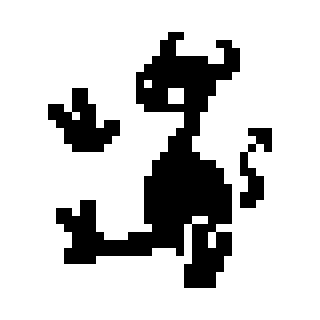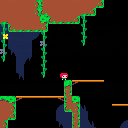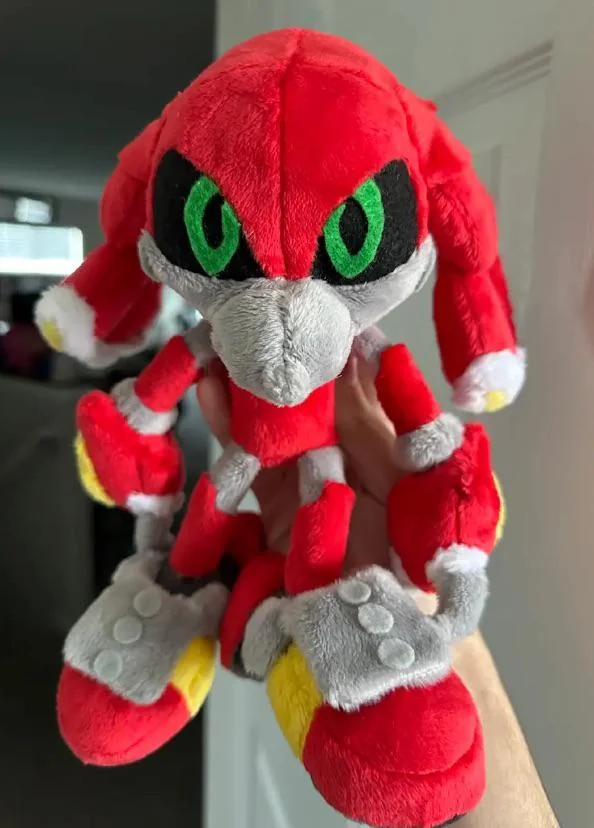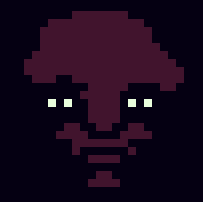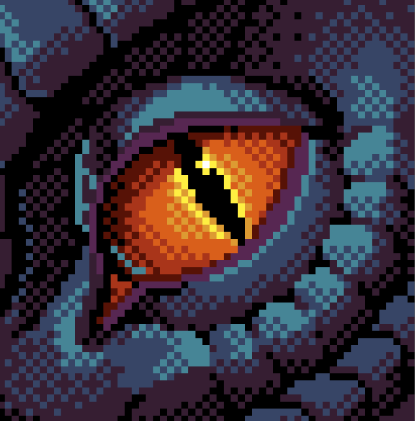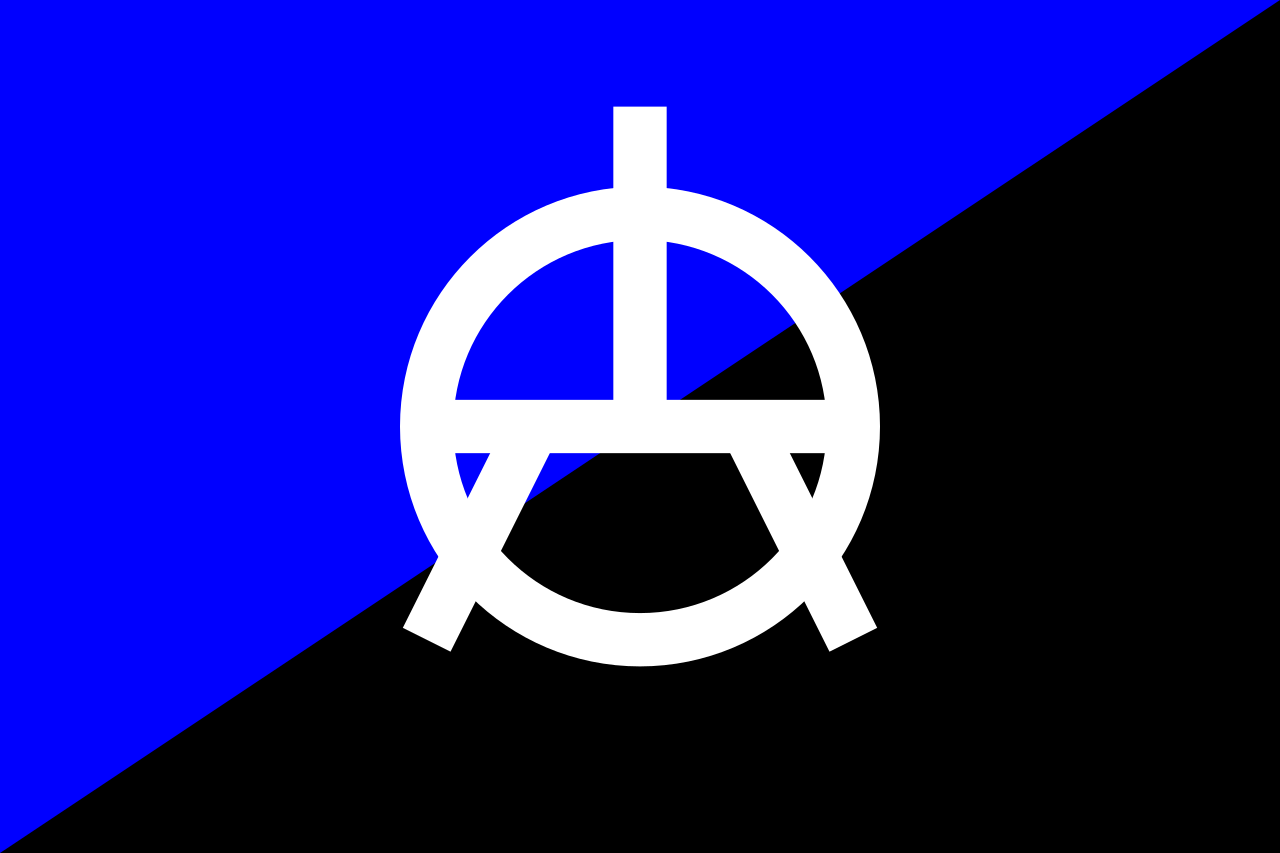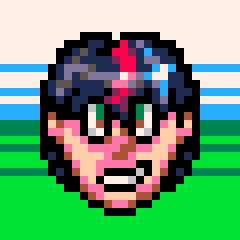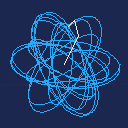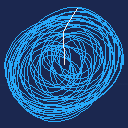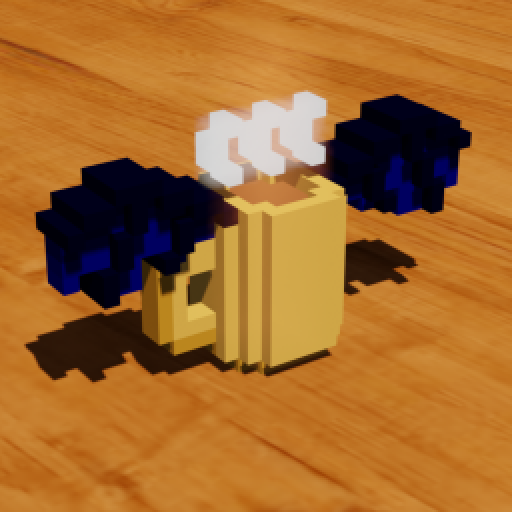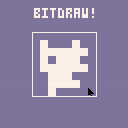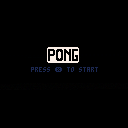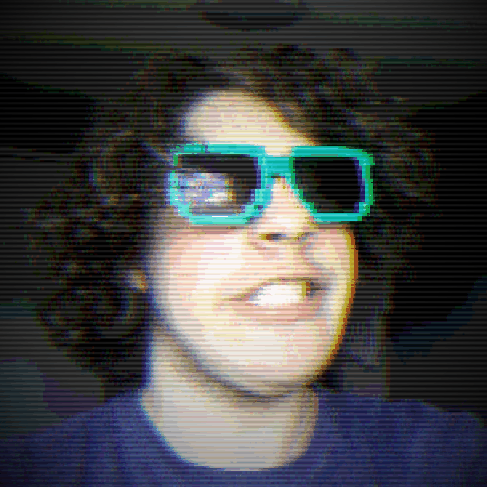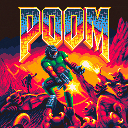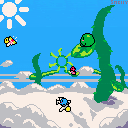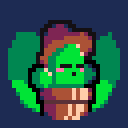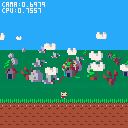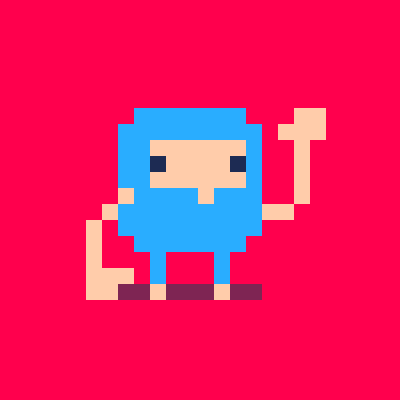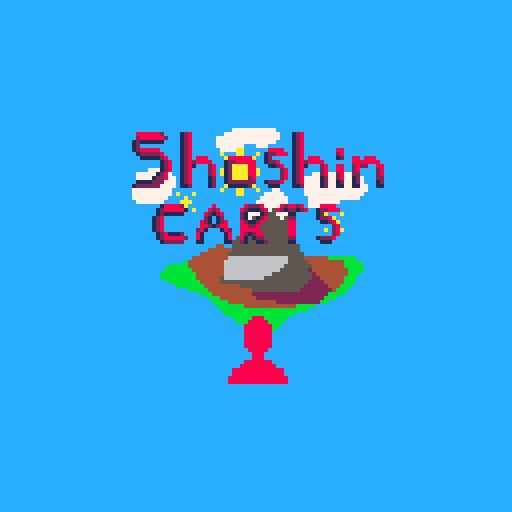Inspired by this demo, I decided to implement the same idea using PICO-8. Instead of using spare RAM for effects, I went with the newly-introduced spritemap/screen mapping feature, by drawing the spirograph to the spritesheet and then drawing that onto the screen, so that hands can be added later.
Change log:
Version 2 (current)
- added the ability to use the O button to accelerate the drawing process
- set the cart to run at 60fps
Version 1:
Heya! So, the new one-off character feature added in 0.2.4 inspired me to write a drawing tool that exported to compatible strings in the smallest size I could, as of now, the code itself is only 520 characters!
(Minor warning: clipboard saving seems to be incorrect through the html export, I recommend copying the code and running it locally)
h=32s=stat::_::?"⁶t⁶wbitdraw!",34,8 a=8+(s(h)/8)-4b=(s(33)/8)-4j=ord?"\^.¹³⁷ᶠ゜?⁷⁸",s(h),s(33),0 ?"⁶1⁶cd⁶!5f2d¹",7 rect(h,h,96,96)sspr(8,0,8,8,h,h,64,64)if(s(34)&1!=0)sset(a,b,7) if(s(34)&2!=0)sset(a,b,0) if btnp(❎)then d=""for y=0,7do [ [size=16][color=#ffaabb] [ Continue Reading.. ] [/color][/size] ](/bbs/?pid=101562#p) |


Hi, so with the new Pico-8 update (0.2.4) I've been messing around with some of the new features and specially P8SCII, as of now I found something pretty weird, the new one-off character control code (\^.) seems to use the same control code as dotty mode used to, I noticed this when I ran the Impossible Mission cart, which has a corrupted title now due to Pico-8 treating most of the string as 1-bit character data.
I don't know if this is was done on purpose since it's still mentioned in the manual ALONGSIDE the new one off character control code, maybe Zep forgot it was already in use or he changed it to another control code without adding it to the manual? If this has been documented before or I'm doing something wrong please tell me.
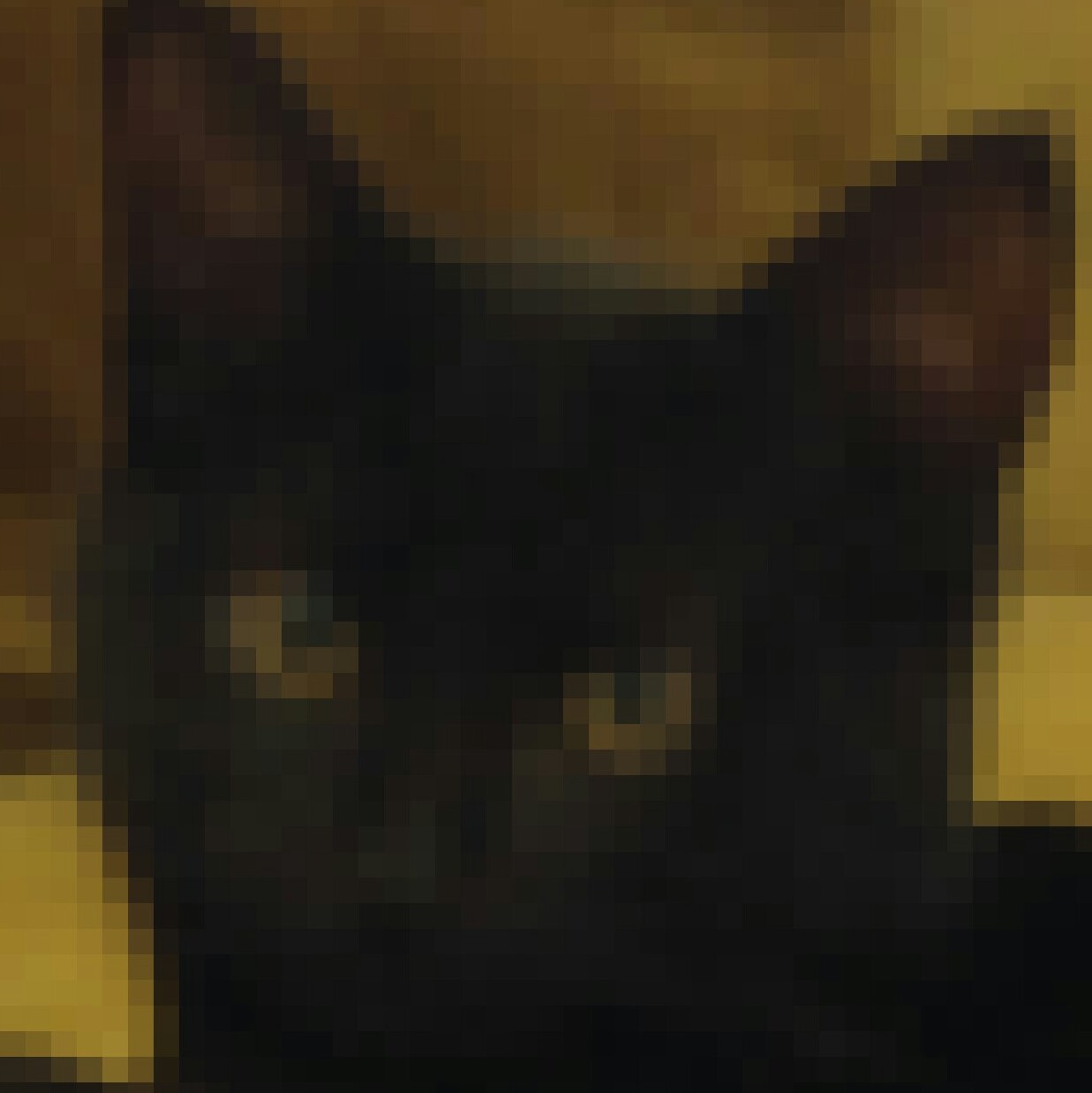

BBS Edition to celebrate year 1 of POOM release!
(limited to 1 level - sorry!)
Enjoy full game at: https://freds72.itch.io/poom
Controls

Alternate scheme (select from controls menu):
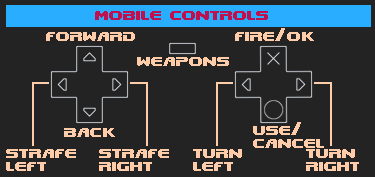
Devlog
Game is "multi-cart", using 0x8000 region filled with raw data from 2 carts (poom_0+poom_1).
Engine details: https://freds72.itch.io/poom/devlog/241700/journey-to-poom
Credits
Art+Design+Music: @paranoidcactus
Code: @freds72
Changes
- added: Jelpi Spotter credit :)
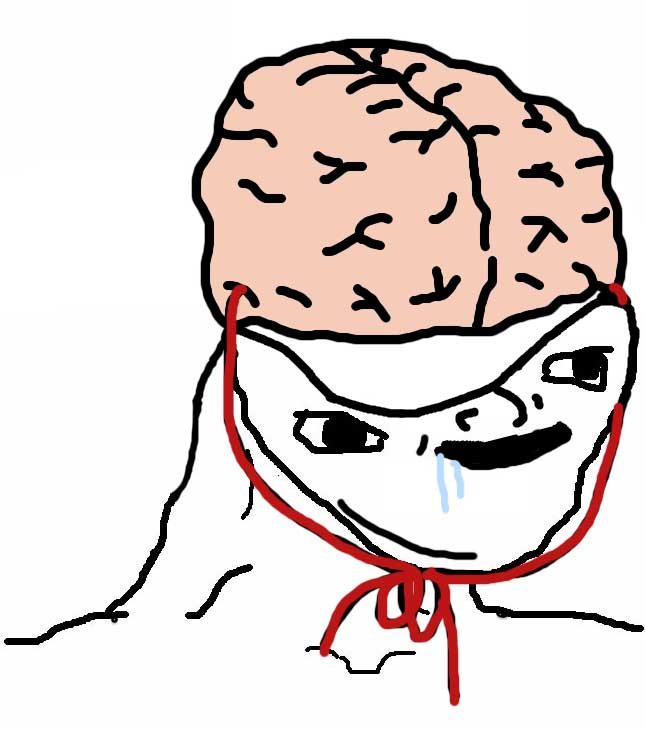

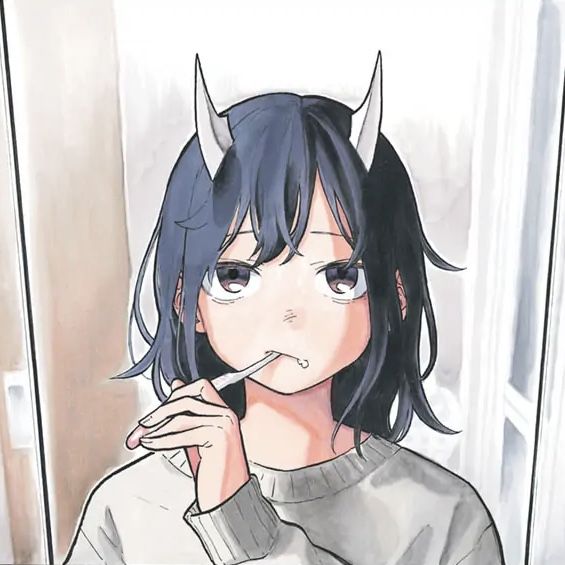
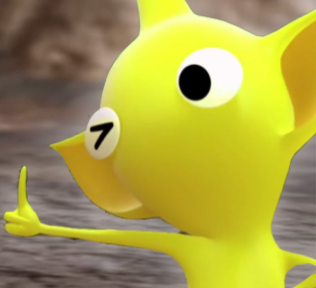
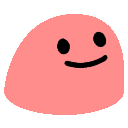
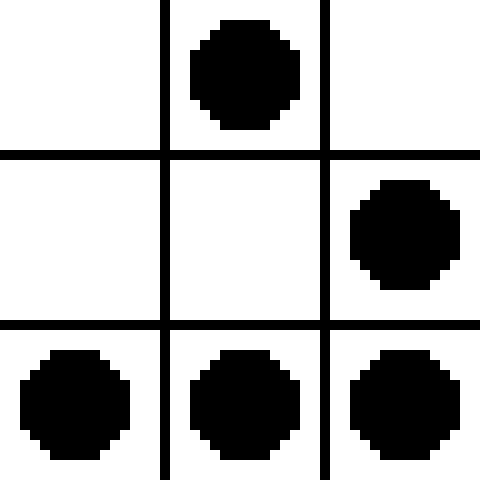
.jpeg)

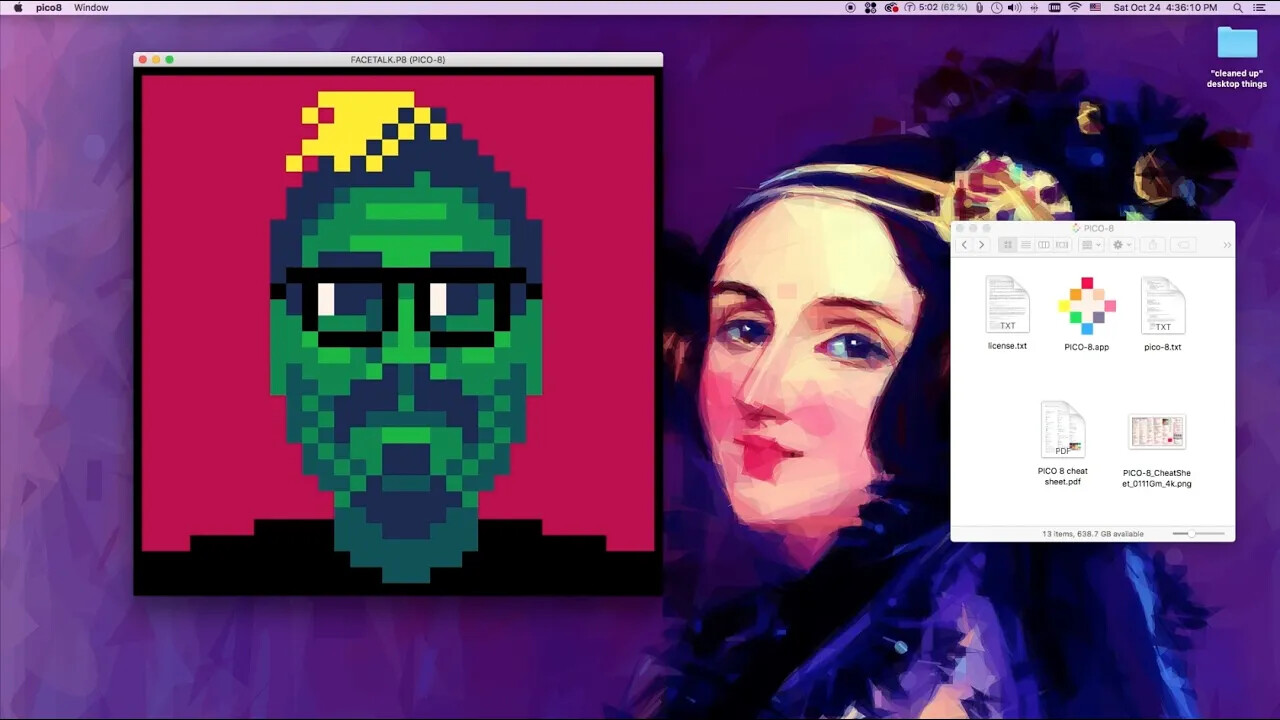
I've been using PICO-8 to introduce teens to coding the traditional way, irl, for 5 years now. I've tried a lot of different ways of doing so: thru lecturing, found tutorials, providing a lot of boilerplate and letting kids play around with changing sprites and stuff, lots of 1-on-1... but I've been thinking long and hard about how to do it better.
I teach New Media at an after school art program (saysi.org) in an open studio environment that only superficially resembles a classroom. Students are a mix of teens of all ages and proficiencies and they do very little listening to instructors lecture and a lot of making stuff.
My students play games and dunning-kruger-ly imagine themselves capable of making them, but can be simultaneously terrified of anything that smells of math and can quickly get discouraged with the slightest bit of friction.
My ideal tutorial would introduce them to coding one concept at a time, but empower them to make creative doodles every step of the way, with whatever knowledge they've collected thus far. It would also free me from lecturing and allow me to do more troubleshooting and 1-on-1 in the studio. Not finding anything like that, I started my own little series. I have been putting them on Youtube for others to hopefully benefit from!

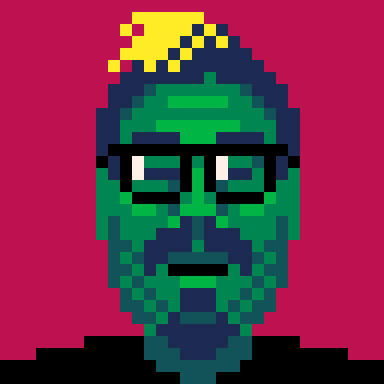

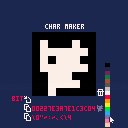
Currently exporting doesn't work in browser, so I would suggest running directly in Pico8. P.s. If there are any bugs or errors, please let me know! :)
CHAR MAKER!
As of 0.2.4, you can now add Custom One-Off Characters! This tool, allows you to easily make and export, your custom characters without the hassle of doing it by hand. Currently you can export the characters in both Hex and Binary Formats, but the tool only accepts the Hex Format or GFX directly from your game.
How To Use
In the black grid, left click with the mouse to draw white squares and right click with the mouse to draw black squares. To reset the grid, left click the bin icon.To change the colour of the Char, left click your intended colour from, the colour bar.


.png)
function _init()
cls()
things = {}
add_thing()
end
function _update()
add_thing()
for t in all(things) do
t:update()
end
end
function _draw()
cls()
for t in all(things) do
t:draw()
end
end
function add_thing()
add(
things,
{
my_color=rnd(16)-1,
x=rnd(128),
y=rnd(128),
dx=rnd(2)-1,
dy=rnd(2)-1,
life=160,
prevx=63,
prevy=63,
draw=function(self)
pset(self.x, self.y, self.my_color)
end,
update=function(self)
if (self.sprite_num == 1) then
self.sprite_num = 2
else
self.sprite_num = 1
end
self.prevx=x
self.prevy=y
self.x += self.dx
self.y += self.dy
self.life-=1
if(self.life<0) then
del(bullet,self)
end
end,
}
)
end |
A Cover of the Beginner's room theme from Super star that was later remixed in Air ride.
Used Name registered's (https://www.youtube.com/watch?v=-zB6T_WgGqI) piano tutorial as reference.
Had fun making this, Hope you enjoy.
(Oh ya and lastly please credit me if you end up using this or whatever. Thanks!)


I was inspired by this tweet featuring cylindrical parallax:
https://twitter.com/GhostHandDev/status/1466440109654482952
And decided to recreate the effect in PICO-8. I tried making the code readable, so feel free to remix, improve, or reuse it in your own carts.
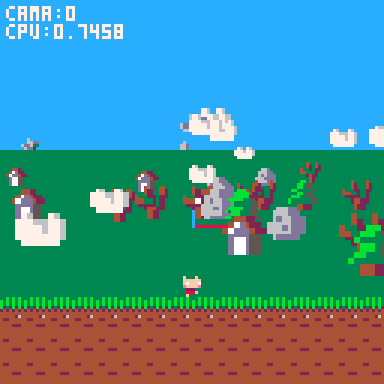
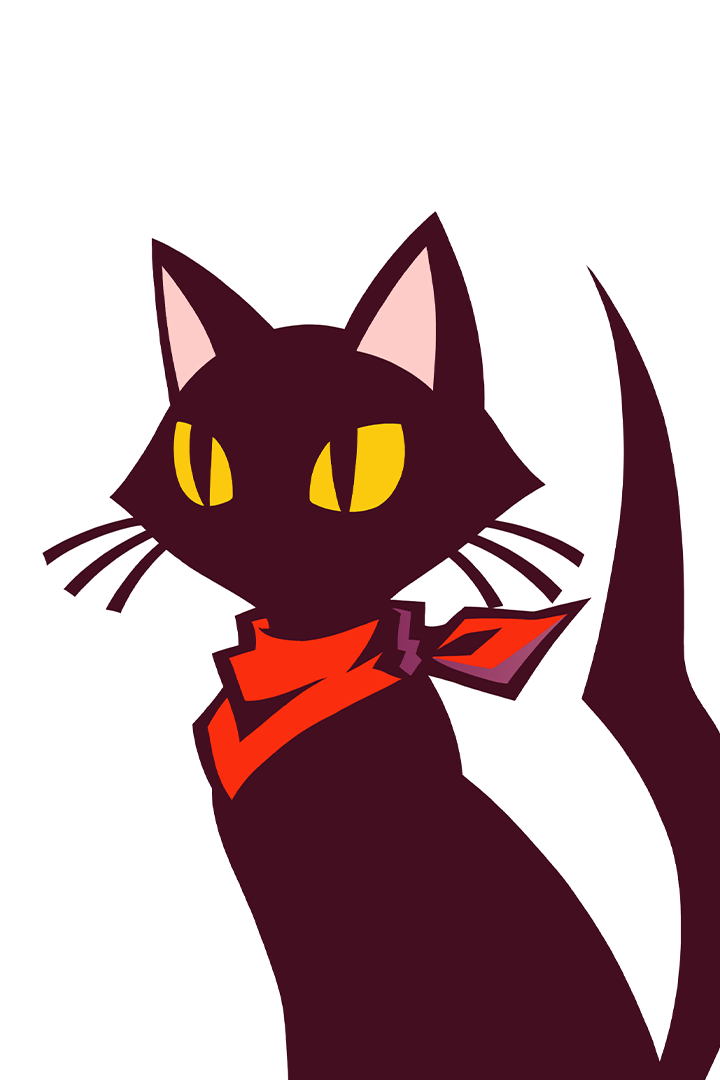

This is #bubblecat-0
- It doesn't reload properly (launch it and then press ctrl-R; an "attempt to call a string value" error message appears, and is very different from the normal error messages. pico-8 is unresponsive after this)
- It does reload fine through the menu (press P; choose "reset cart")
This is #bubblecat-2
- It reloads just fine (using both methods)
- However, reloading with ctrl-R causes a strange "loaded external changes" message

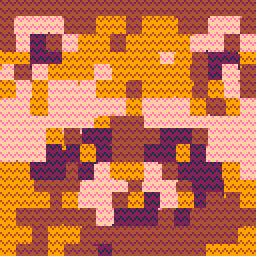

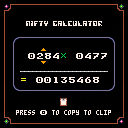
@zep has added the ability to have long-integer access in numbers in these last few releases of Pico-8. While I would've preferred it to be a string of any length with any number of decimal places, this is the next best thing.
In this code I have written 4-functions to ease the use of this new 32-bit format.
They are:
stringadd() stringsub() stringmul() stringdiv() |
They are as simple to use as having the following code for multiplication:
a="32845" b="40211" print(stringmul(a,b)) |
The results will be:
34829090
Addition is easy too:
a="12345678" b="87654321" print(stringadd(a,b)) |






 4 comments
4 comments


